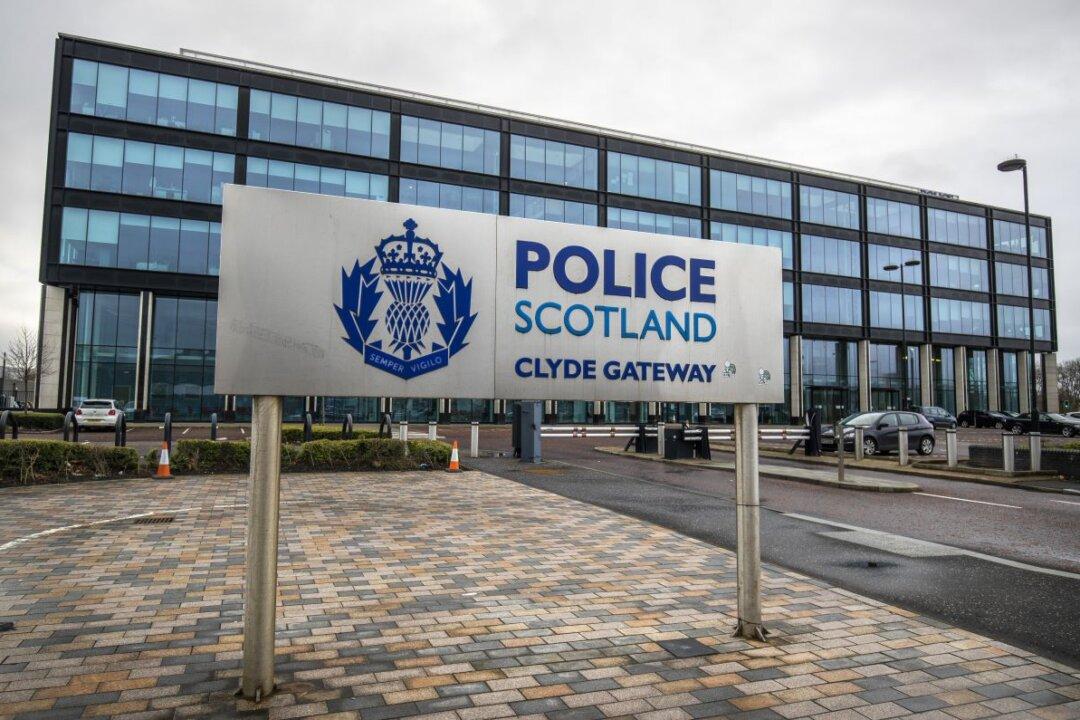Scottish officers have been told not to follow up minor crimes such as break-ins, prompting the chair of the country’s Police Federation to call it a “very dangerous precedent.”
Police Scotland released a statement on Monday saying that it was “testing a different approach to the way certain incidents are managed in the North East when they are reported to them.”Crimes which they plan to effectively ignore include some break-ins and thefts where there are no leads or CCTV evidence. Police said that “hard choices are being made to deliver effective policing within the funding available.”





